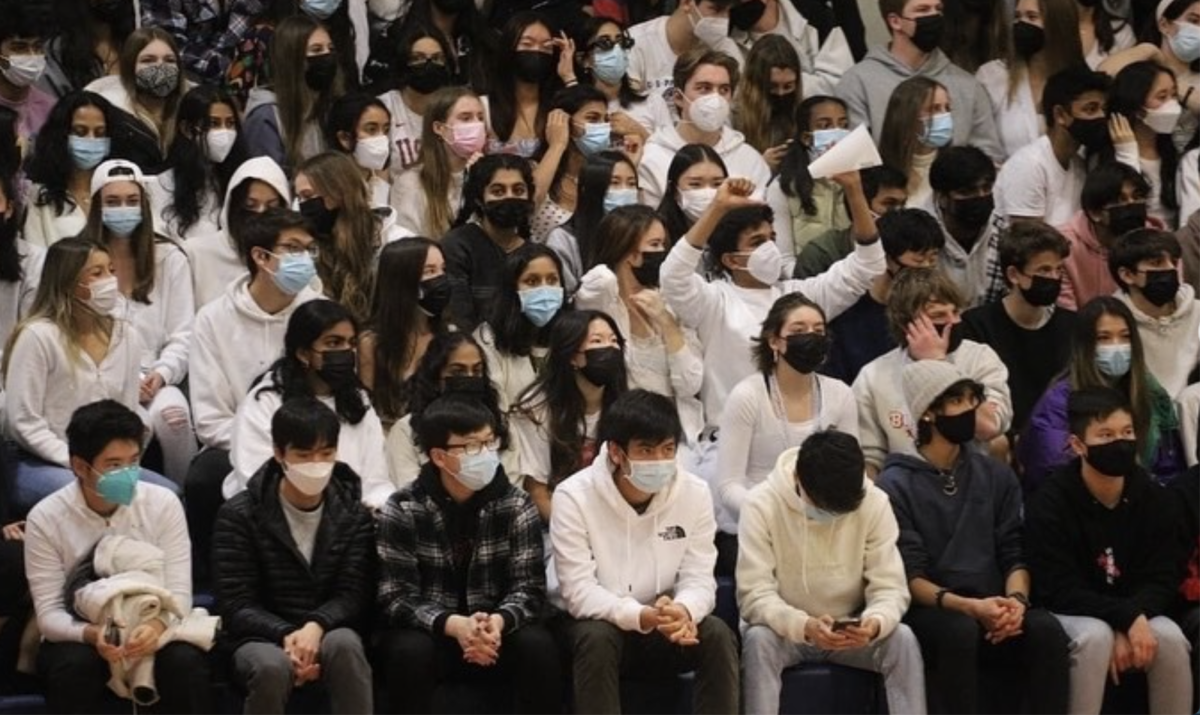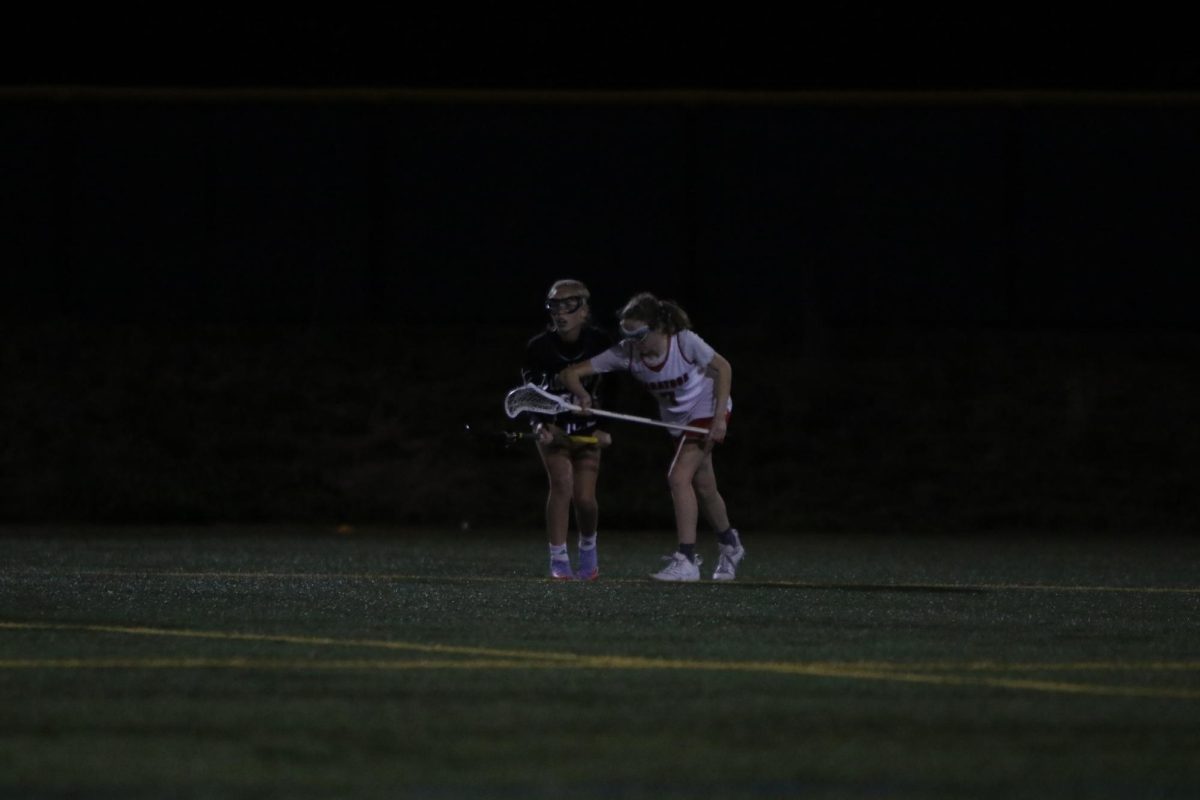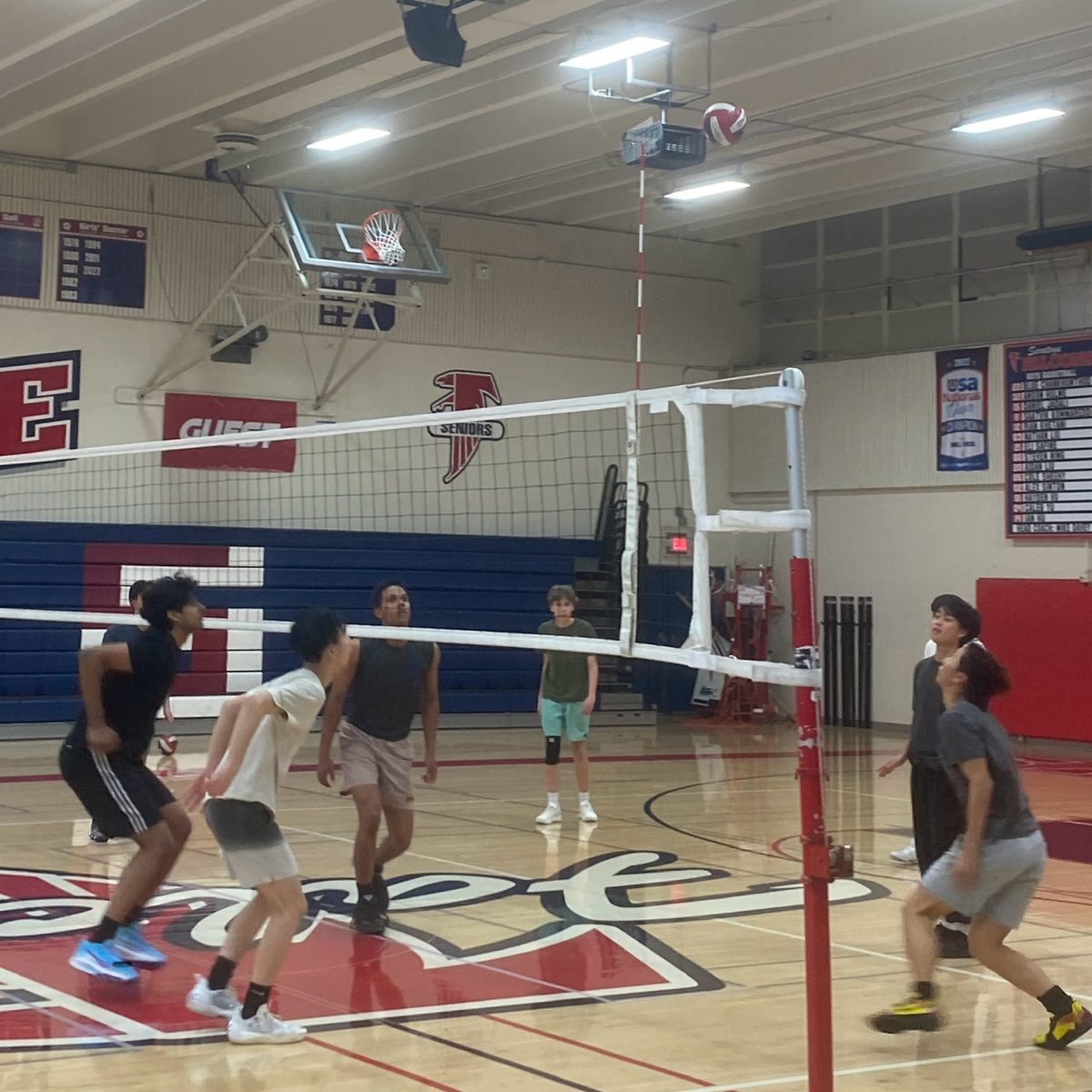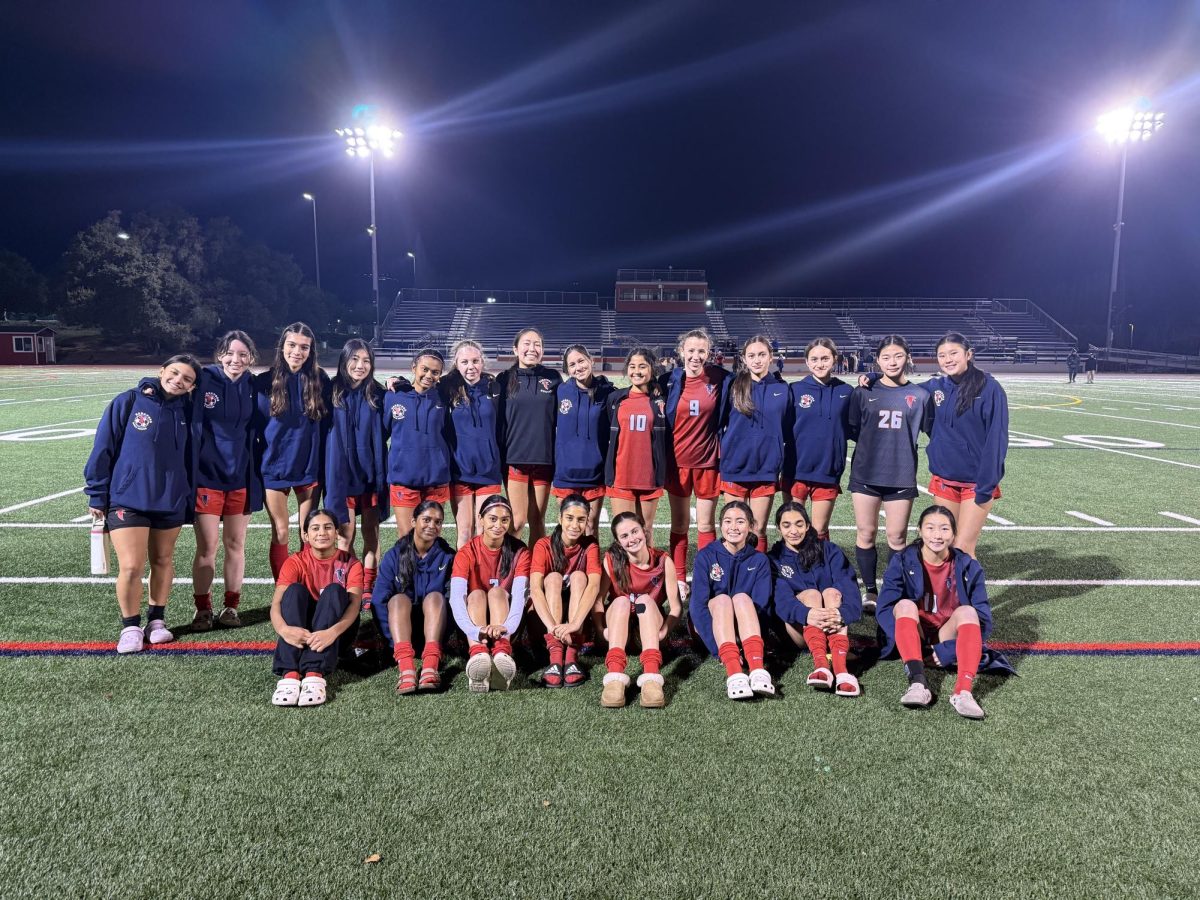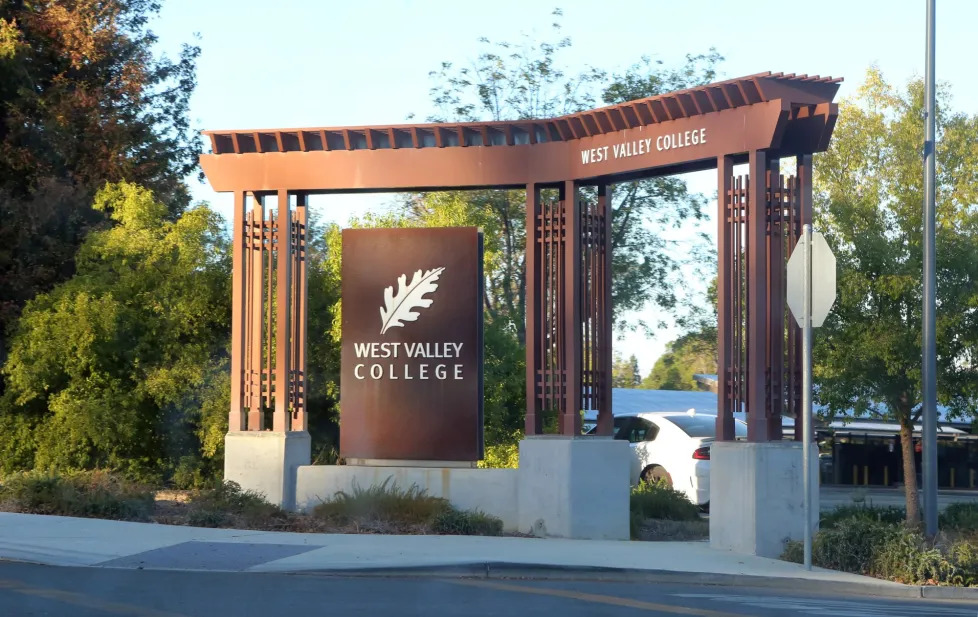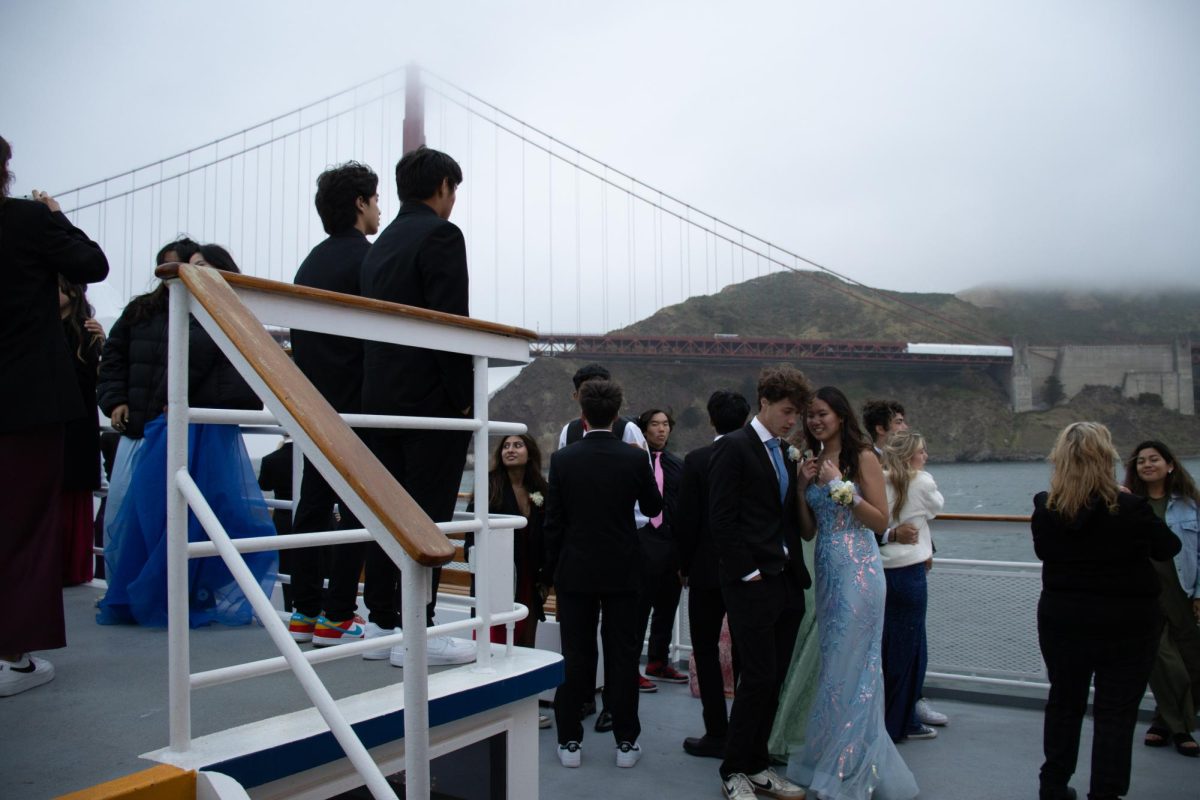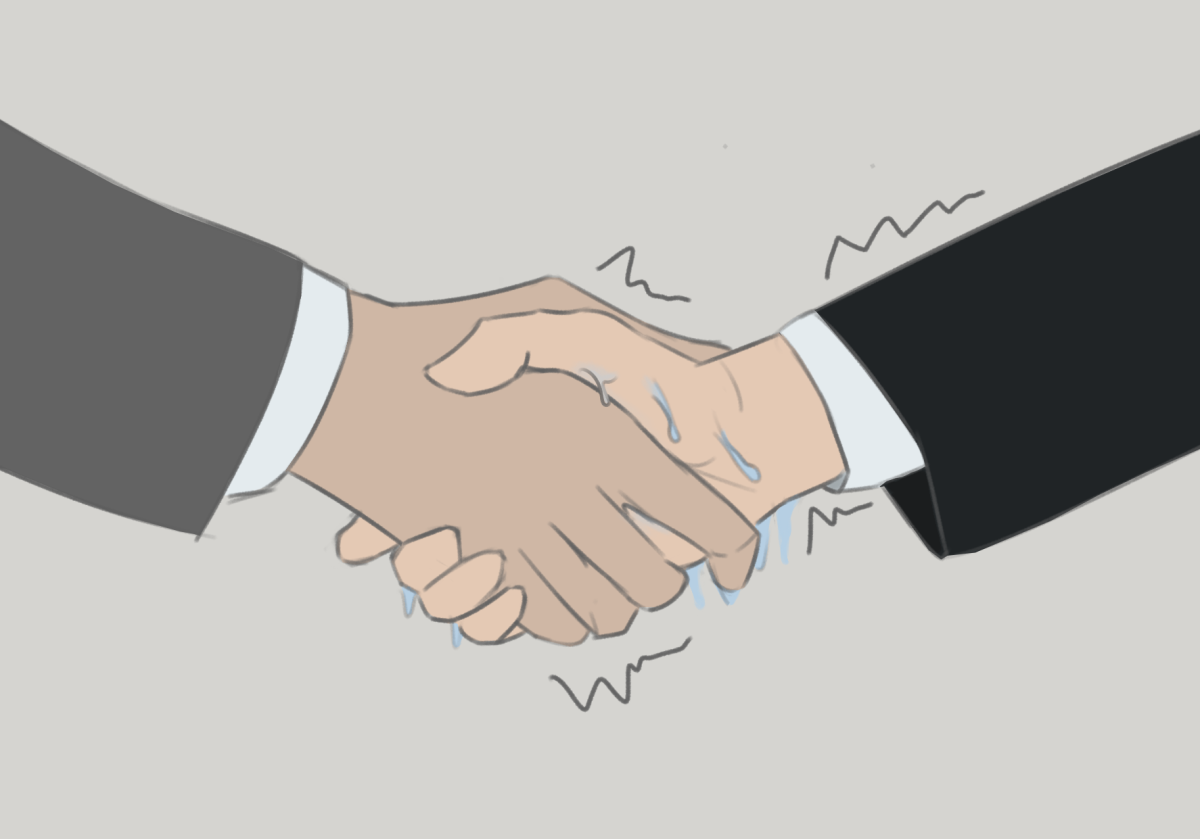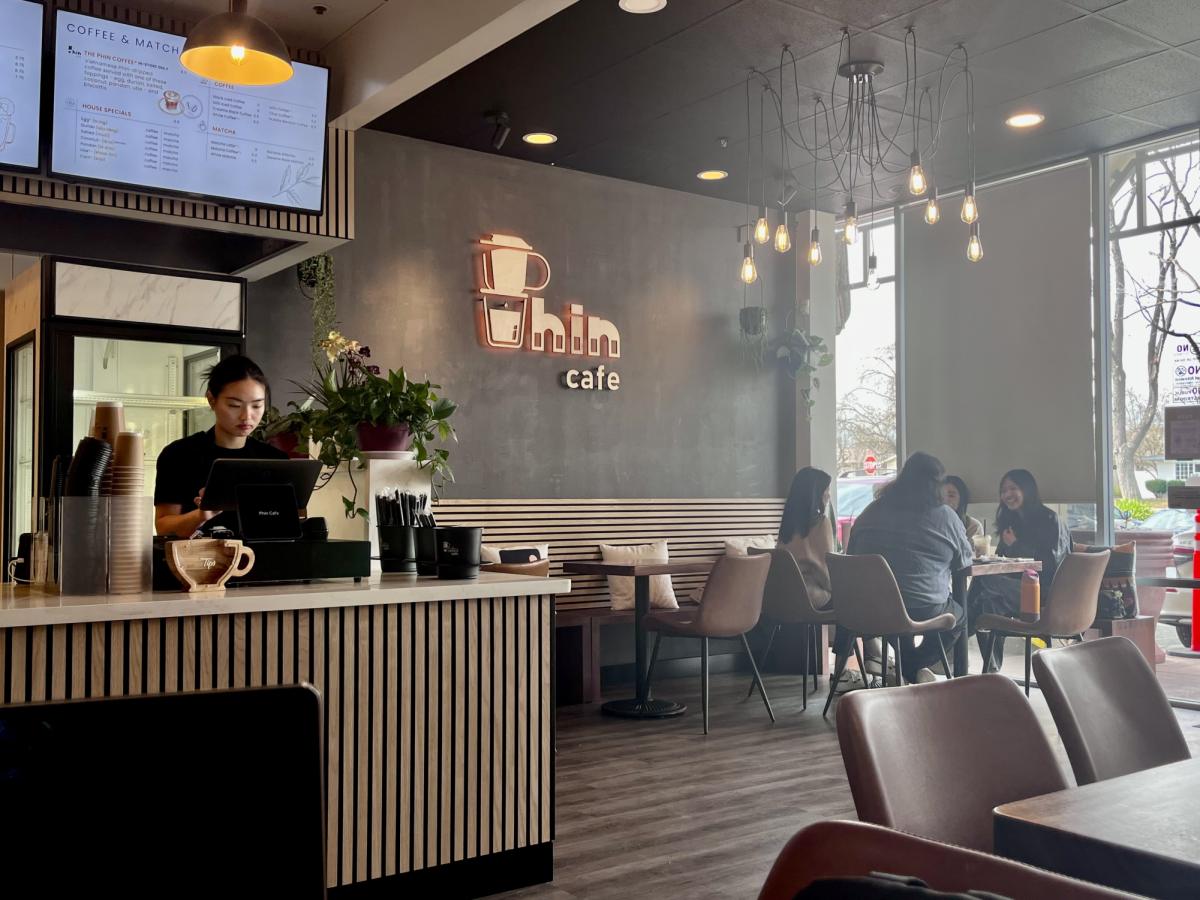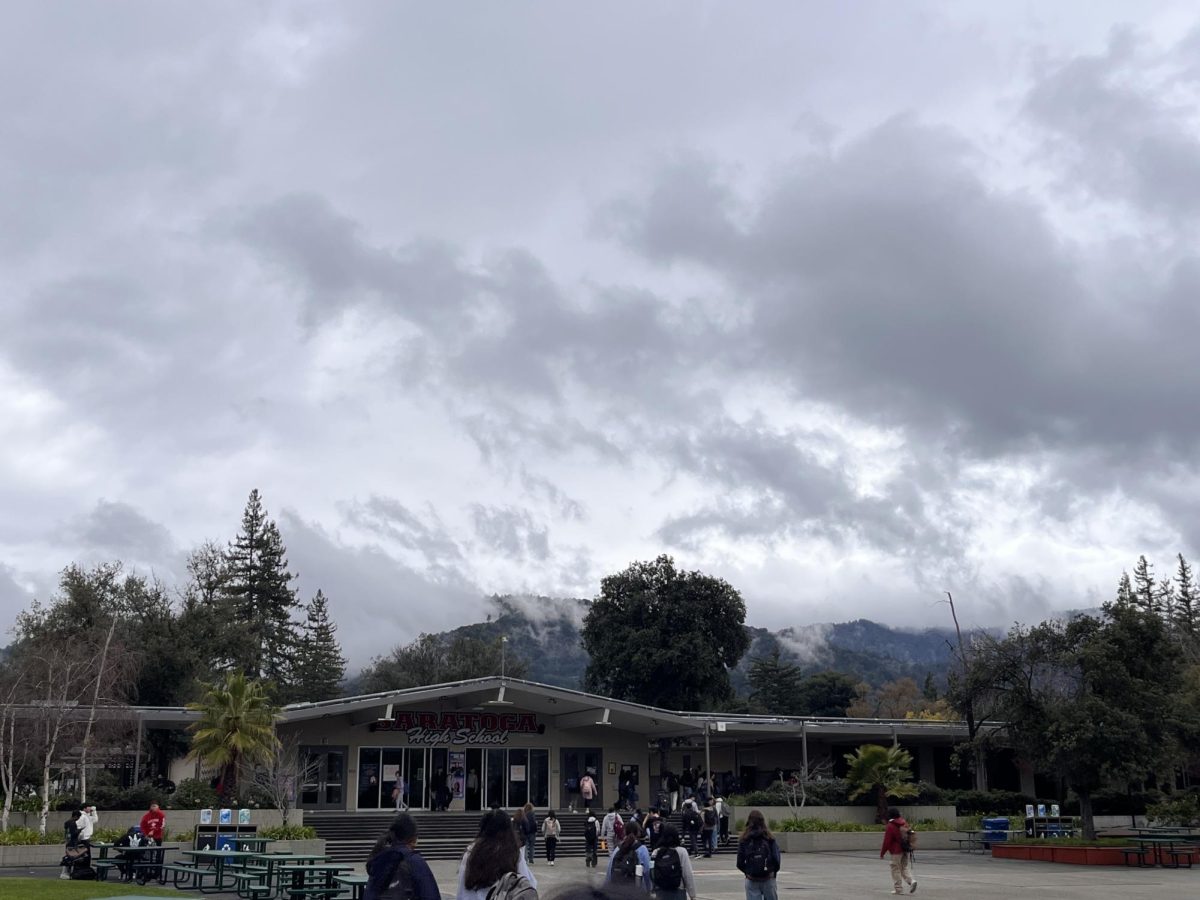On a warm Sunday morning, I visited the salmon-covered building emblazoned with the words “Saratoga Fire Department.”
Fire stations and firefighters are known for the good deeds they symbolize and do. What most people don’t realize are the sacrifices these heroes take to serve our community.
On average, a firefighter in California earns about $30,580. A supervisor, or the captain, earns an average of $85,670, according to Naviance.
The Saratoga Fire Department consists of three different crews: A, B, and C crew. They work three 24-hour shifts from 8 a.m. one day to 8 a.m. the next day. They then get four days off and continue that pattern for most of the year.
“We work holidays,” said local firefighter Marcos Flores. “You could be working Thanksgiving, Christmas, New Years’ Eve, anniversaries and birthdays. It just comes with the job.”
Most firefighters arrive at the station around 7:30 a.m. to check and place their gear on the fire engine. The crew that gets off and the crew coming in exchange information about the previous day. This usually takes about two hours.
During the second half of the day, firefighters are delegated to a variety of jobs, from servicing and flushing fire hydrants to making sure shops have exit signs, uncluttered floors and extinguishers.
Around 3 to 4 p.m., firefighters do their mandatory workout, which involves jogging and other light exercise that goes on for about 45 minutes. Flores said the crew works out to stay healthy and fit enough to do their demanding job.
In addition to keeping physically fit, firefighters must also stay mentally sharp.
“We attend classes ourselves on anything from hazard training to paramedics,” says Flores. “We’ve got to keep sharp on our skills and practice a lot, because when that big event happens, we’re ready.”
Around 5 p.m., the fire station really becomes a fire house.
“If it’s not too busy we get some downtime, and it’s just like being at home,” said Yannoni. “For 30 years, we live with each other for one-third of our lives.”
Depending on the events scheduled, the firefighters’ agenda may change. “It’s different every day,” said Yannoni. “You can’t say Mondays are really slow or Fridays are really busy. It’s just kind of hit or miss.”
When dinnertime rolls around, the station often prepares a large meal for everyone to share. However, sometimes the food stays untouched.
“There are plenty of nights when we make a nice big dinner and we never get to have a bite,” said Yannoni. “The bell goes off because of a 911 call and we’re out of there.”
During the daytime, the crew gets 60 seconds to respond to the call and move out. At night, they get 90 seconds.
This stressful lifestyle contributes to the dangers that firefighters face. The leading killer for firefighters is cardio related, due to the fast-paced nature of the firefighter’s job.
The term “fire department” only loosely covers what these firefighters do in their jobs.
Yannoni said that over 70 percent of calls are medical, while less than 3 percent are actual fires.
Along with keeping up with required skills, firefighters must have an amiable personality and be able to help others.
“Getting along with people and having a good attitude—that’s probably the biggest thing about working in the fire department,” said Flores.
I had always imagined firefighters as towering giants that put out fires with ease, with the help of trusty dalmatians. My time with the firefighters helped me learn that firefighters have a life away from what really should be considered as their work. They may not be superhumans, but they are heroes, at least in my eyes.

